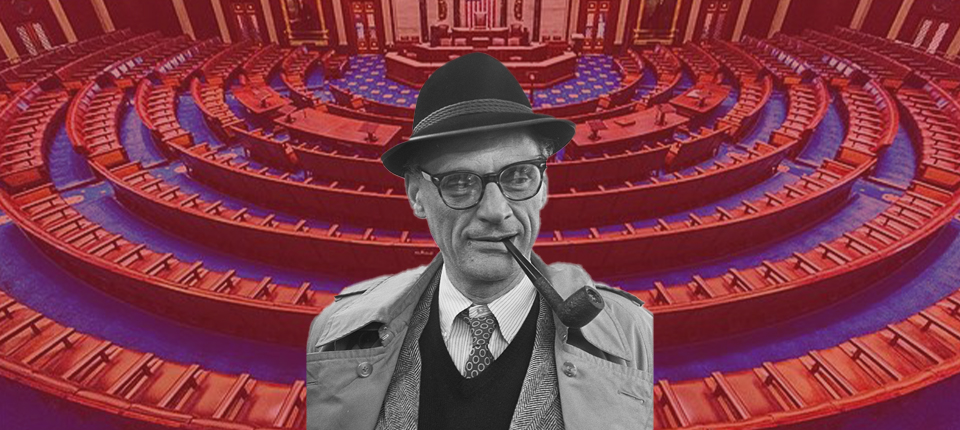Lit Hub Weekly: May 26 - 30, 2025
THE BEST OF THE LITERARY INTERNET

- “All of us are continually gathering ideas, stories, glimpses, encounters that we can sift through to find constellations of meaning.” Rebecca Solnit on finding yourself and 20 years of A Field Guide to Getting Lost. | Lit Hub Climate Change
- These are the novels we think you should read this summer (a list entirely compiled by humans)! | Lit Hub Reading Lists
- On the battle to hold the powerful polluters of one of Iowa’s main water sources accountable. | Lit Hub Nature
- How the brothers Grimm became involved in an academic and political struggle that is still relevant today. | Lit Hub History
- “Exactly those two dimensions—the unrepeatable and the unpredictable—are what technology abolishes.” Karl Ove Knausgaard on finding mystery in the digital age. | Harper’s
- Aarthi Vadde talks to Vahini Vara about Vara’s book, Searches, and AI’s lack of perspective. | Public Books
- Luke Beesley on writing with a pencil in opposition to AI. | The Guardian
- Piers Gelly on Diego Garcia, literary trends, and the promise of “polyautofiction.” | The Point
- H.M.A. Leow revisits the murderous heroine of the 1949 classic Thai nationalist novel Huang rak haew luk. | JSTOR Daily
- David Shipko pushes back against climate denialism in speculative literature. | Los Angeles Review of Books
- “THING was an avatar of the black, queer culture that ended up providing a basal layer of everyday speech.” Sasha Frere-Jones chronicles the life and times of an iconic zine. | The Baffler
- Cartoonist Julia Gfrörer on why she couldn’t make a nice book if she wanted to. | The Comics Journal
- Four experts on public education in the US discuss the catastrophic implications of the dismantling of the Department of Education, now and in the future. | The Nation
- Remembering Susan Brownmiller, the radical feminist author of Against Our Will. | The New Republic
- “Consumerism and individualism are very powerful, and it’s just very hard to sustain communal values on a large scale in a modern capitalist economy.” John Cassidy and James Surowiecki discuss the past, present, and possible future of capitalism. | The Yale Review
- Emma Adler considers two recent novels inspired by Chekhov and explains why he’s the perfect muse for chroniclers of the Covid era. | Public Books
Also on Lit Hub:
How Tim O’Brien approached the art of moral consequence • Crafting characters around pieces of yourself • Turning off the “journalism voice” to write fiction • The 22 new books out this week • “Political poetry has always been my North Star.” • The possibilities of a more egalitarian relationship with the natural world • The challenges firefighters face in times of climate change • Grief, personal narratives, and Cree spirituality • How Curtis Sittenfeld’s American Wife affords its ugliest characters nuance • Books for the sommelier in you • Capturing the sensations of life’s storms • The line between writing other people’s traumas and exploiting them • Rebecca Solnit shares some of her favorite objects • Automotive poetics and the constraints of car-centric capitalism • May’s best book covers • What our current fragile peace reveals about the forces of history •Are you the asshole if you’re upset about a workshop friend stealing the plot of your story? • Being both a writer and J.R.R. Tolkien’s grandson • 5 book reviews you need to read this week • Why we need more unlikable women in fiction • Ocean Vuong remembers listening to Sufjan Stevens’s Carrie & Lowell for the first time • Read Michelle de Kretser’s acceptance speech for the 2025 Stella Prize • Falling into ghostwriting “like one might fall into a hole” • Literary film and TV streaming in June • June brings new paperbacks • May’s best reviewed books • The most anticipated June audiobooks



















